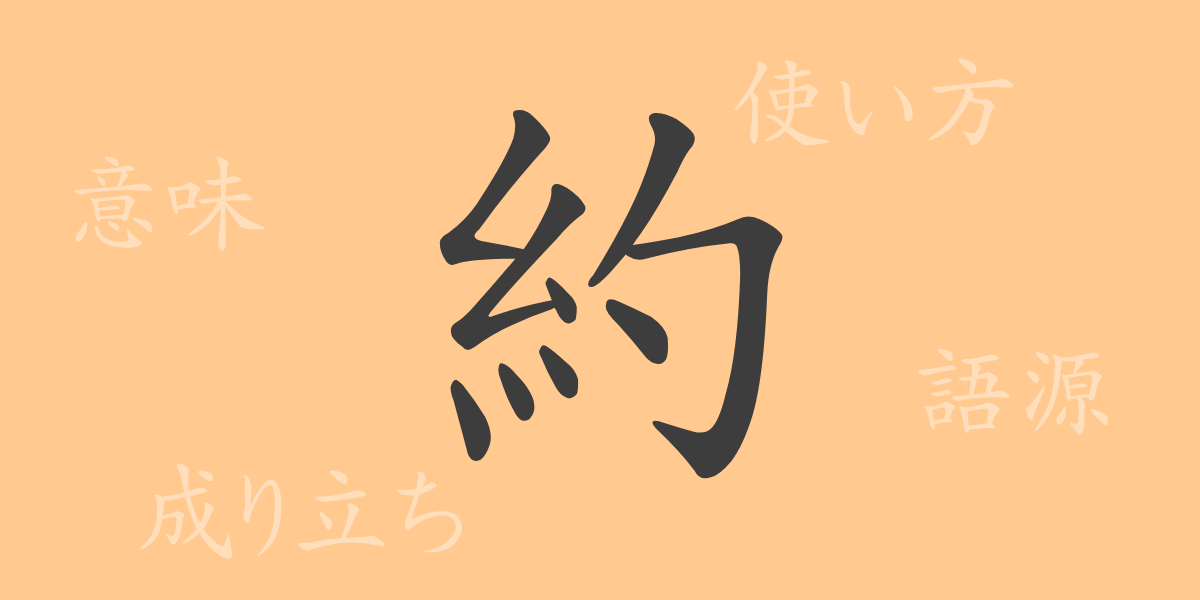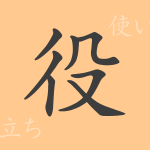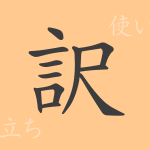Characters are the threads that weave culture and the brushes that inscribe history. The 常用漢字(jouyou kanji) “約(yaku)” symbolizes the beauty of the Japanese language and is deeply intertwined with our daily lives. Let’s delve into the meaning, etymology, and everyday usage of this single character. Through “約(yaku),” we will unravel the profound depth of Japanese written culture.
Etymology of 約(yaku)
The origin of the kanji “約(yaku)” dates back to ancient China. Initially, it signified the bundling of threads, which later evolved to mean summarizing or simplifying matters. The fundamental meanings of “約(yaku)”—such as in “節約(setsuyaku)” (saving) and “約束(yakusoku)” (promise)—connect to its modern diverse applications, all rooted in the concepts of binding and reducing.
Meaning and Usage of 約(yaku)
The kanji “約(yaku)” encompasses meanings like “approximately” and “roughly,” and it is also used to denote actions such as “promising,” “shrinking,” and “saving.” Additionally, in legal and contractual contexts, it appears in terms like “条約(jouyaku)” (treaty) and “協約(kyouyaku)” (agreement). “約(yaku)” is also used to specify numbers or quantities and to fix something in place.
Reading, Stroke Count, and Radical of 約(yaku)
The kanji “約(yaku)” conveys a wealth of information through its form and structure.
- Reading: On’yomi (音読み) is “ヤク(yaku),” no Kun’yomi (訓読み)
- Stroke Count: 12 strokes
- Radical: 糸部(itohen) (thread radical)
Idioms, Proverbs, and Phrases Using 約(yaku)
Numerous idioms, proverbs, and phrases incorporate the kanji “約(yaku),” illustrating its expansive meanings. For instance, “契約(keiyaku)” (contract) signifies an agreement, “予約(yoyaku)” (reservation) means setting a time or place in advance, “条約(jouyaku)” (treaty) refers to agreements between nations, and “縁結び(enmusubi)” (marriage) originally includes the meaning of “binding” from “約(yaku).” These idioms and phrases play indispensable roles in social life.
Summary of 約(yaku)
The meaning embedded in a single kanji is profound, showcasing the richness of Japanese expression. The character “約(yaku)” is used in various contexts, from promises and norms in daily life to actions like saving. Understanding the history, meaning, and usage of this character not only deepens one’s comprehension of Japanese but also offers a glimpse into Japanese culture. We hope this exploration allows you to appreciate the infinite possibilities held within “約(yaku).”

























